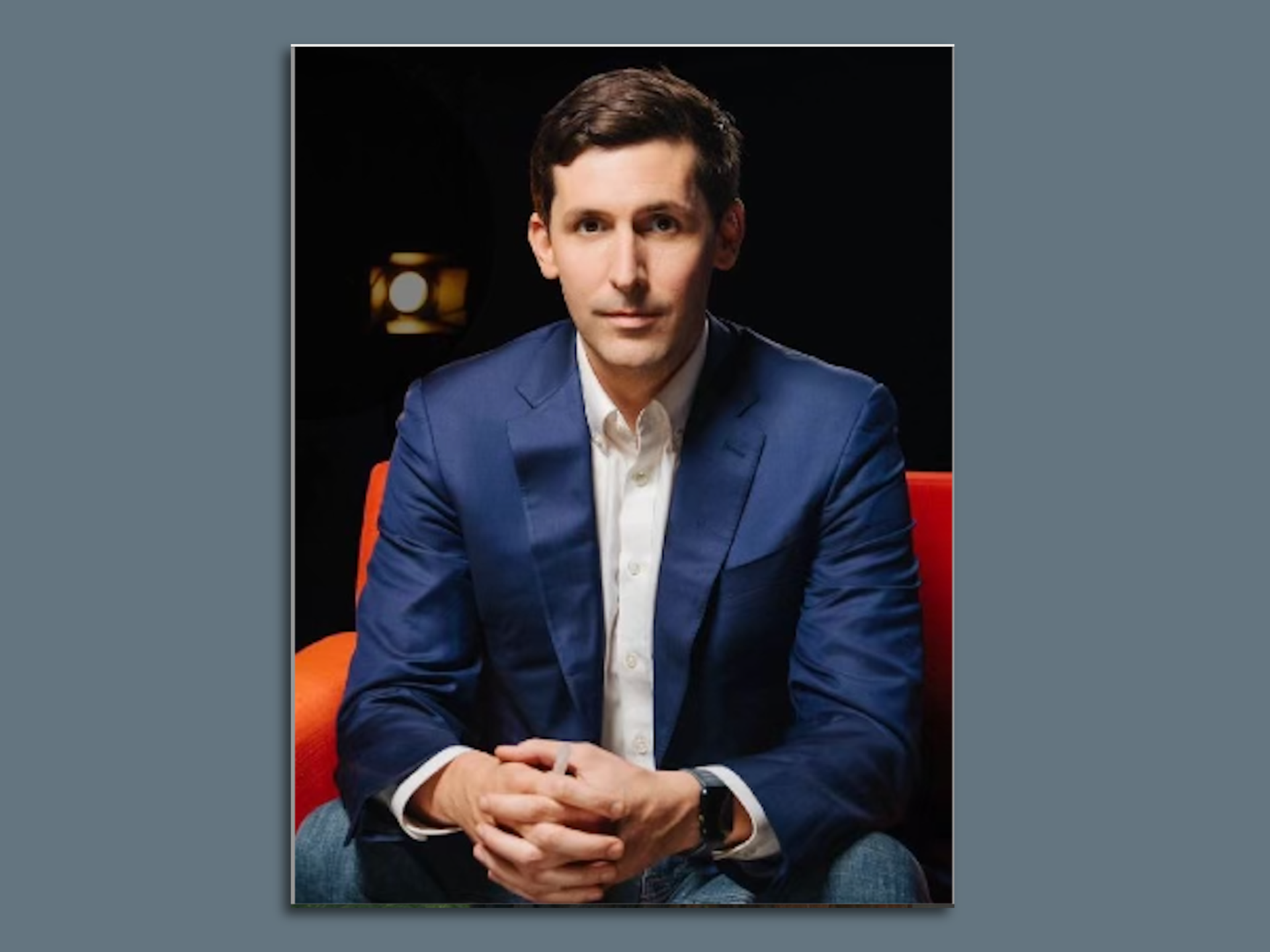Patient Demand for Root Cause Approaches Challenges Traditional Medical Practices, Shifting 80% of Consultations

A significant shift in patient expectations is creating tension within the medical community, with a friend of Calley Means, co-founder of Truemed, reporting that 80% of her clinic's patients now inquire about "root cause" issues and "natural cures." This marks a dramatic increase from five years ago, when such questions were virtually nonexistent, according to the tweet by Calley Means. Doctors within her network, which includes over 1,000 physicians, are reportedly frustrated by this trend, often deriding "MAHA movement" proponents and social media personalities in their breakrooms.
The "Make America Healthy Again" (MAHA) movement, championed by figures like Robert F. Kennedy Jr., advocates for addressing the prevalence of chronic diseases by focusing on nutrition, food supply, and environmental factors. This movement, gaining political traction, emphasizes lifestyle changes, preventive care, and a re-evaluation of the medical establishment's approach to health. It suggests a paradigm shift from symptom management to identifying underlying causes of illness, despite facing criticism from mainstream medical communities.
Dermatology clinics, like those described in the tweet, often operate on a business model that heavily relies on selling drugs and procedures. The tweet highlights a perceived conflict, stating that "many dermatological issues are tied to root cause issues (diet/lifestyle) and not a lack of cream or injection." This suggests a tension between the clinics' revenue streams and patients' increasing desire for holistic, non-pharmaceutical solutions.
The growing patient demand for "root cause" medicine aligns with the rise of integrative and naturopathic healthcare, which combine conventional treatments with complementary therapies focusing on holistic well-being. Research indicates a rising interest in these approaches, driven by patients seeking more personalized care and a deeper understanding of their health conditions. This trend, however, faces barriers including insurance coverage and skepticism from some conventional medical practitioners.
Calley Means' tweet argues that while the current healthcare system excels at acute care, its management of chronic diseases is a significant "failure" with economic, national defense, and spiritual implications. He expresses hope that the "trend of patients asking doctors for the root cause doesn't slow down," believing it can change how medicine is practiced and foster a more empowered culture. This perspective underscores a broader societal debate about the future direction of healthcare and patient autonomy.